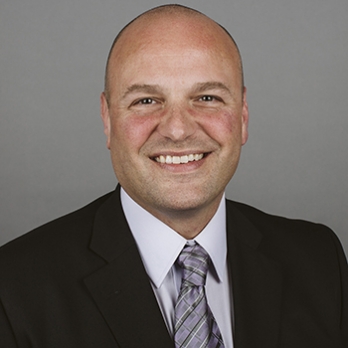If you have a child with a developmental disability, you’re aware of the unique challenges and rewards that come with raising a child with different needs.
This is a reality for many families, as about 1 in 6 children in the U.S. have a developmental disability, according to the Centers for Disease Control and Prevention (CDC).
Common Disabilities
Some common developmental disabilities include autism spectrum disorder, cerebral palsy, Down syndrome, and intellectual disability. These can range from mild to severe, and can affect a person's physical, intellectual, and emotional development.
Early intervention is key. Children with developmental disabilities may face challenges with learning, communication, and social skills. They may also have physical disabilities or health problems.
Accessing the health care they need is essential, because children with developmental disabilities may have complex medical needs and require specialized care.
How to Ensure your Child Gets the Care They Need
- Make sure your child has a regular health care provider who can help you monitor their development while providing routine care. When choosing a provider, you may ask if they are experienced in caring for children with developmental disabilities.
- Take your child in for regular checkups. This helps us identify any health problems as early as possible.
- Tell your provider about any concerns you have about your child's development, including concerns about physical, intellectual, or emotional development.
- Keep a record of your child's medical history. Include information about their diagnosis, medications, and treatments.
- Be prepared to advocate for your child. This may mean explaining their needs to health care providers and teachers, asking for referrals to specialists, and following up on appointments.
- Be aware of your child's rights. Under the Individuals with Disabilities Education Act (IDEA), children with developmental disabilities are entitled to a free and appropriate public education. They are also entitled to health care services that are necessary to meet their needs.
- Don't hesitate to ask for help. Many resources are available to help parents and families of children with developmental disabilities. These resources can include support groups, advocacy organizations, and government programs.
Your primary care provider or pediatrician can be an important resource for ensuring your child’s well-being. We are dedicated to helping children with developmental disabilities reach their full potential and live happy, fulfilling lives.





